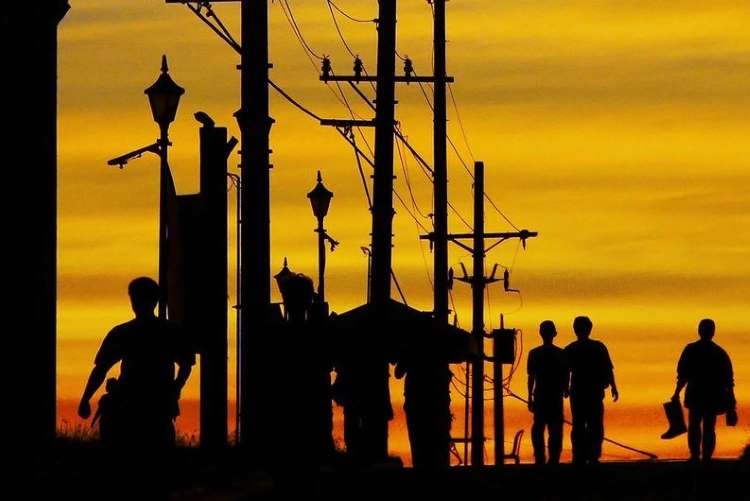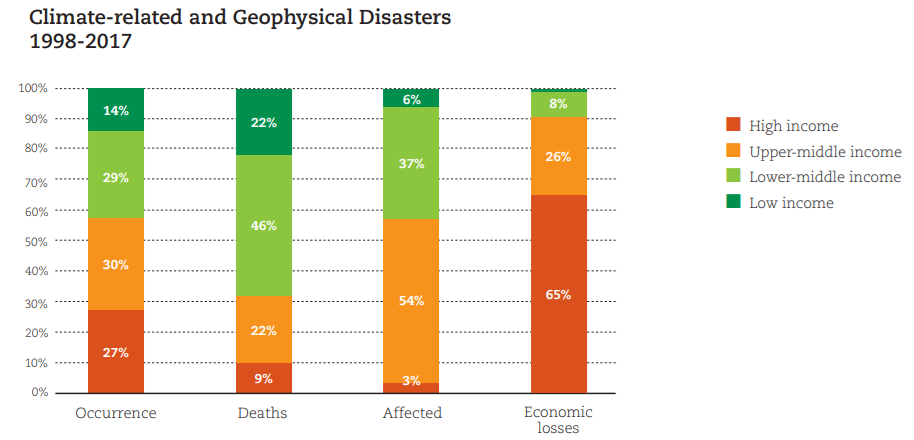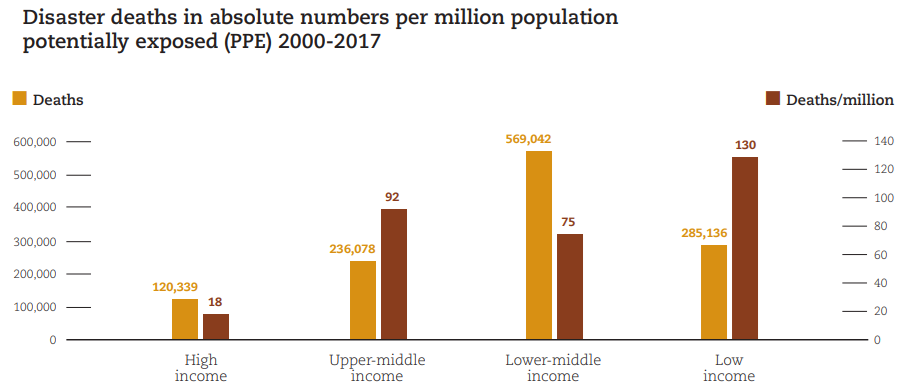
Climate projections suggest that extreme weather events will become more frequent and intense, leading to a decline in productivity and employment. The rising global temperatures due to climate change are expected to exacerbate the prevalence of heatwaves. In recent years, there has been a notable increase in heat waves, adversely affecting various aspects of human life. Heatwaves, intensified by climate change, have impacted health and are starting to disrupt the global workforce.
The International Labour Organisation (ILO) reports that workers will face increased risks from heatwaves, especially in “urban heat islands” – areas of intense heat in cities caused by urbanisation and population growth. The most populous regions and less equipped nations, primarily in the global south, will likely suffer the worst effects of future heatwaves.
READ I Carbon tax, a powerful weapon against climate change
Impact of heatwaves on working hours
Heatwaves pose significant challenges to productivity and well-being, resulting in reduced working hours. Workers in all sectors are affected by rising temperatures, but those in occupations with high physical demands and outdoor work environments are particularly vulnerable.
Workers in informal sectors such as construction, agriculture, emergency repair, transportation, sports, tourism, and environmental goods and services are especially susceptible to heat-related illnesses and reduced work capacity. The ILO report indicates that heat stress led to a 5% fall in working hours globally in 2019, equivalent to 152 million full-time jobs. India, in particular, is projected to lose over 101 billion labour hours annually due to global warming, more than any other country, according to the report.
Health risks associated with heatwaves
The heatwave is described as an “invisible emergency” by Panu Saaristo, Emergency Health Unit Team leader of the International Federation of the Red Cross and Red Crescent Societies (IFRC). He highlights the importance of considering not only the health of vulnerable individuals but also socio-economic conditions and living arrangements that can increase risks.
The World Meteorological Organisation (WMO) warns that heatwaves are among the deadliest natural hazards. A WMO Senior Heat Advisor, in a discussion with reporters, emphasised that extreme temperatures are expected to increase in frequency, duration, and intensity. He pointed out that sustained high night-time temperatures are particularly harmful to human health as they prevent the body from recovering, leading to an increase in heart attacks and fatalities.


A recent study indicates that 60,000 deaths in Europe last year were attributable to extreme heat, despite these nations having strong early warning systems and health action plans. The severity of these events is expected to worsen due to the rising occurrence and intensity of El Niño-driven heat events.
Heatwaves are not just about physical discomfort; they can also have significant mental health consequences. Anxiety, heat stroke, and decreased cognitive function are just some of the potential impacts, particularly for vulnerable populations like outdoor laborers and children. Integrating heat-related mental health risks into public health messaging and ensuring accessible mental health services, especially during heatwaves, is crucial.
Regional experiences
Globally, regions are already experiencing the adverse effects of heatwaves on working hours. The 2019 European heatwave, with record-breaking temperatures, disrupted industries like agriculture, construction, and energy. In India, heatwaves have decreased agricultural labour productivity and forced workers to reduce their working hours.
This year, intense heatwaves caused significant damage in Asia. As reported by the United States Institute of Peace, temperatures soared to 45°C in Myanmar, 44.5°C in India, and 41.9°C in China, with Thailand and Laos breaking century-old heat records.
Economic consequences
The impact of heat on workers leads to reduced output and production across the economy. Studies show that GDP is lower in hotter years, with these effects persisting over time. While estimates vary, there is a consensus that a 1°C increase in temperature could result in a 2% decline in overall economic activity, with reductions in worker productivity being a significant factor.
Reduced working hours due to heatwaves have substantial economic consequences. A study in Nature Climate Change estimated that global labour capacity might decline by 4.9% by 2030, resulting in a $2 trillion loss in annual wages. The global economic losses from reduced productivity could reach $1.6 trillion annually if the Earth’s surface warms by an additional 2°C. Furthermore, diminished productivity hampers overall economic growth and the achievement of sustainable development goals.
Adapting to a hotter planet requires a multi-pronged approach, encompassing individual actions, community-level initiatives, and supportive policies. Simple yet effective measures like staying hydrated, seeking shade, and modifying work schedules can significantly reduce heat stress. Early warning systems and public awareness campaigns can empower individuals to take proactive steps.
Establishing heatwave buddy systems, setting up cooling centers in vulnerable areas, and promoting green spaces in urban environments can create a collective safety net. The government can incentivise heat-resistant building practices, invest in cooling infrastructure for public spaces, and provide financial assistance for vulnerable populations to implement adaptation measures.
While the immediate economic losses caused by heatwaves are staggering, the long-term implications are even more worrying. Certain regions may become uninhabitable, and vital industries like agriculture could face collapse if we reach critical tipping points. Prioritising research and development in heat-resistant crops, drought-tolerant landscaping, and climate-resilient infrastructure is essential for safeguarding our future.
Heatwaves are causing geopolitical and human security crises, even as nations struggle to address their increasing frequency. Proactive measures to mitigate the impact of heatwaves on working hours are urgent, including implementing region-specific heatwave action plans and investing in climate-resilient infrastructure. To address the implications of climate-driven heatwaves on global working hours effectively, world governments must urgently take concrete actions.
The heatwave challenge is daunting, but it is not insurmountable. By embracing individual responsibility, fostering community resilience, and prioritising long-term solutions, we can build a future where heatwaves are not harbingers of economic collapse and social unrest, but catalysts for collective action and a more sustainable world.
(Dr Md Mashhood Alam is an independent researcher and a climate change activist based in New Delhi.)
